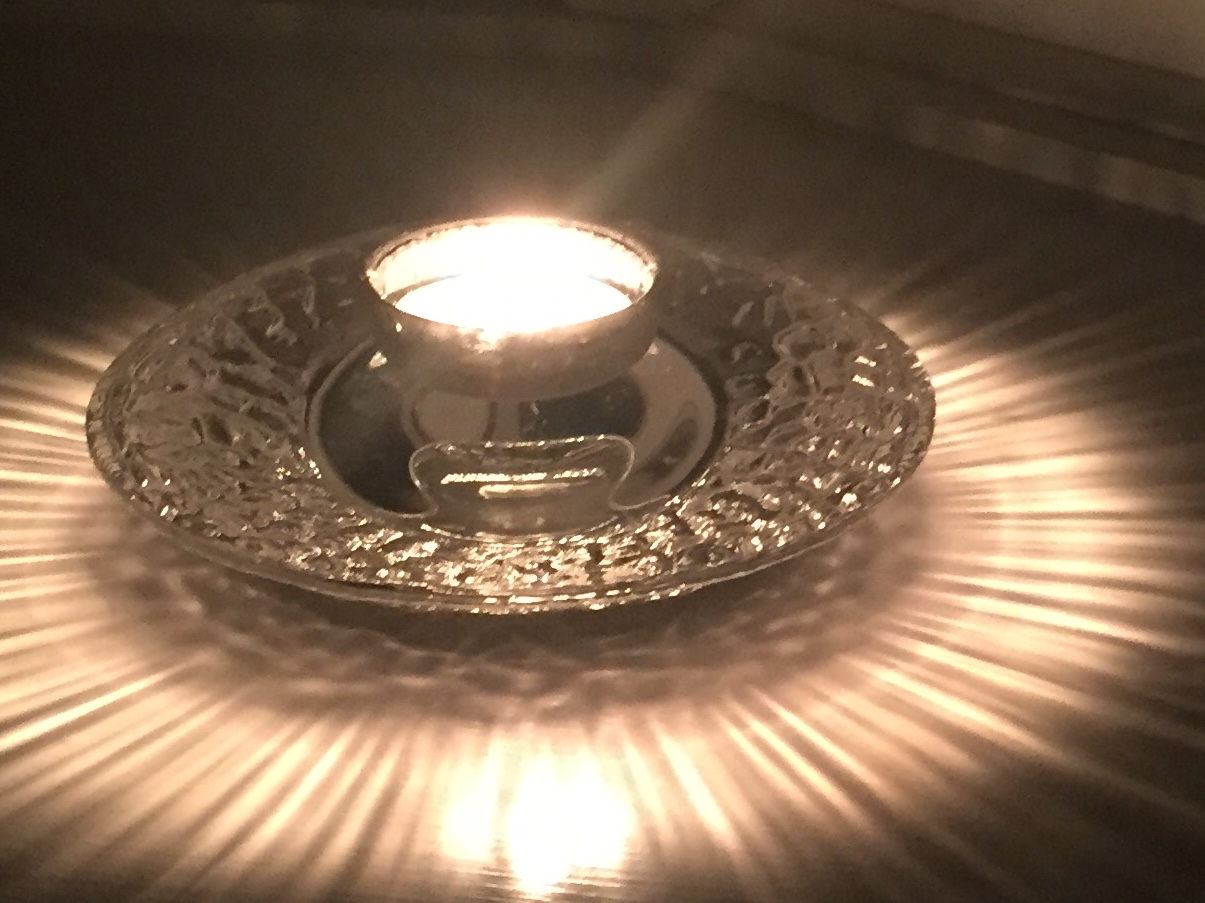I keep reading
“This is not who we are as a country,” and yet this is, apparently, exactly who
we are. We are a spiritually bankrupt
nation. While not every single person is
in spiritual free-fall, collectively we are.
Here are just a few of the signs:
Operating from fear
rather than love. This often takes the form of withdrawing behind the
protection of rationality, moving into an intellectual, hypothetical realm when
confronted with income and opportunity disparities, overt injustice, and sobbing children.
Putting stuff before
people. We prioritize material over spiritual connections and
place tasks before people in order to protect ourselves from feeling vulnerable. We
have more storage units than affordable housing, each of us probably knows
someone who hoards, and we shop and sell our stuff for entertainment rather
than create music, art, or converse with each other. It’s easy to be in control
when organizing a closet or shopping for the perfect item, much scarier to talk
to people about their lives, listen to hard stories, and be present to
radically different views.
Being materially
comfortable but unwilling to share. When the Syrian refugee crisis began, I wanted each one of
us in this wealthy nation with a spare bedroom to host a family for as long as
needed, knowing that act of generosity would benefit our homes and communities
for decades to come. Instead, our country admitted a tiny number of people in
need.
Holding imaginary lines
(borders) above human connection. Borders, like money and laws, are
human constructs that can be changed when they no longer serve a life-giving
purpose. That people are now traumatized because they are asking for help at
our borders (at lower numbers than ever, by the way) demonstrates our spiritual
bankruptcy.
Good news! Spiritual bankruptcy is
reversible but only
when it is acknowledged, which is a very humbling process. In fact, humility is the essence of spiritual
fitness, and the USA has lacked that quality almost from its inception. The
roots of today’s crisis are in the founding of this nation—genocide of Native
people, systematic separation and destruction of those cultures and families,
enslavement of Africans, separation of those families and destruction of those
languages and spiritual practices. Our founders did not approach difference
with curiosity and a willingness to learn, and that arrogance and entitlement
persists today. It’s what keeps the Electoral College in place rather than one
person-one vote, which has reversed two elections.
Becoming spiritually fit requires a
paradigm shift of magnitude. What restores a spiritually bankrupt
state of being? Love. Hope. Humility. Responsibility. Awareness.
Accountability. If this is not the
America we want to be, then we need to articulate that vision, use art and creative acts to imagine what we DO want, and create just laws that
keep in check the worst of human qualities, such as greed and fear-based
exclusion.
What might a well-nourished spirit
do?
If we had the courage to heed our
hearts, many of us might head south to hold babies, comfort toddlers and free parents
detained for the simple act of asking for help. We would witness in fierce and
loving silence every single act our US gestapo, ICE, takes, and awaken the
humanity in those guards who’ve been ordered not to hug a sobbing two year old.
Those who conduct this president's diabolical plan to dismantle the remaining
shreds of our democracy need to know that more people want to give, love, and
connect than retreat behind a wall. We, the most militarized nation on Earth, will not fund a new branch of the military.
Waiting for
permission, a leader, a movement to take action may be not be spiritually
bankrupt, but it is spiritually timid. Wave after wave of loving bodies showing
up during hard times can restore our humanity and reclaim our souls.
